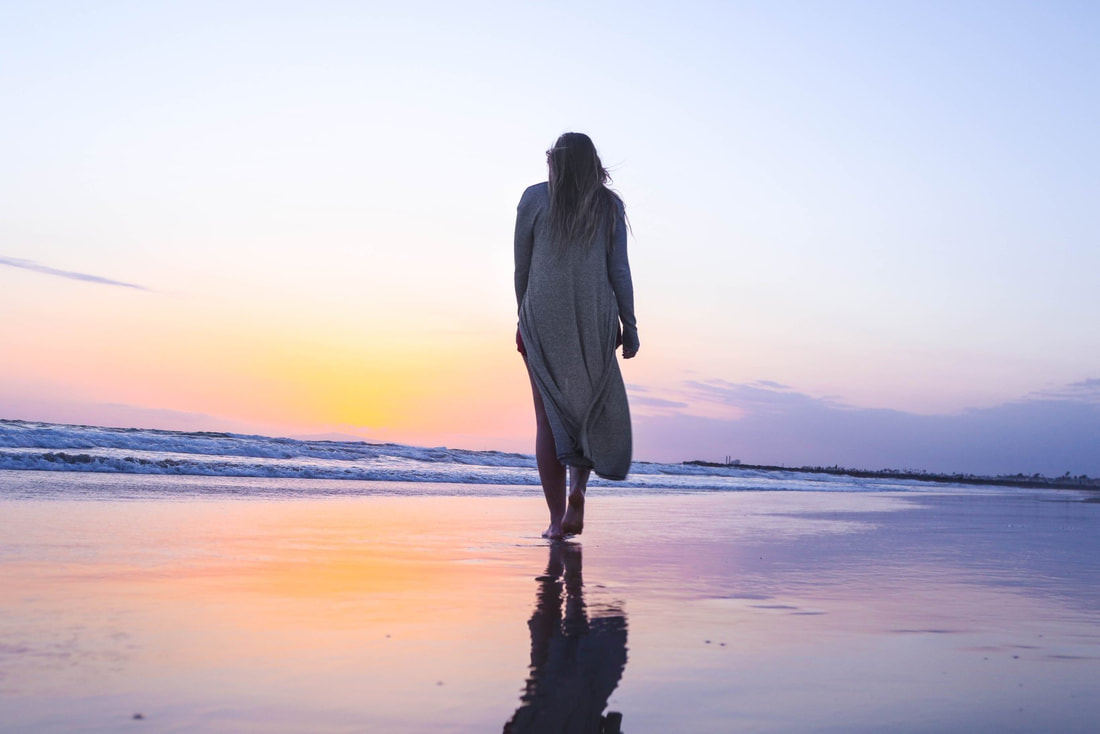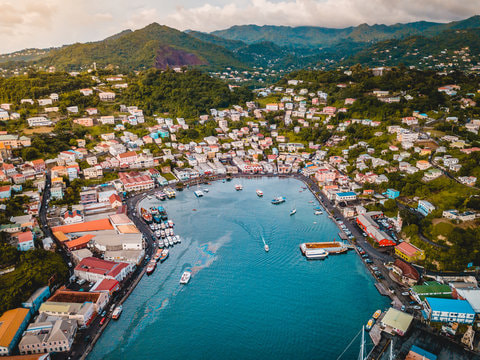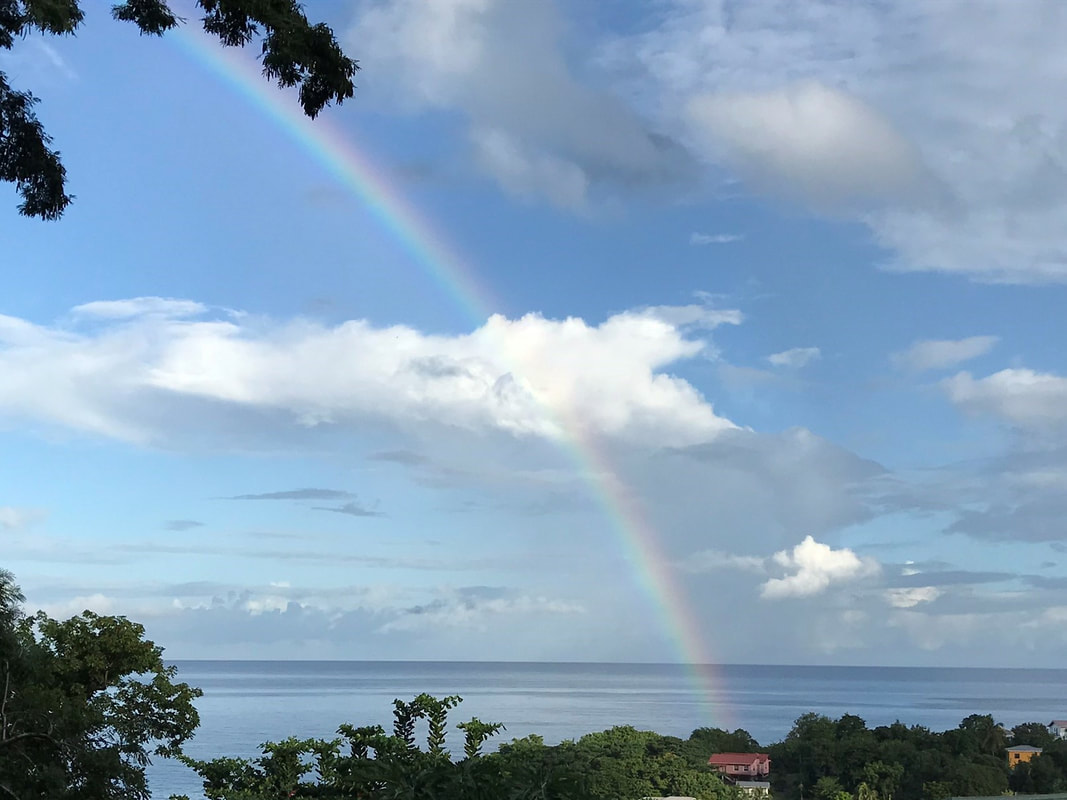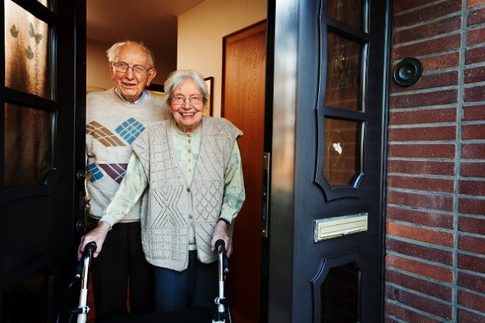|
The “golden years”; “you’re as old as you feel”; “age is just a number”; “60 is the new 40”.
Bah humbug I say. Here you are, finally retired, enjoying the freedom of not having to get up early, no bosses, no deadlines. You can choose to get involved in whatever group or activity you choose, leave it if it turns out to be not what you expected. Take that trip you’ve been putting off, start a health and fitness regime and so on. Life’s good and then WHAM. Your body whacks you. You just fell, can’t figure out how it happened in an instant. Fortunately, not too serious, minimal damage, only a little bone in the hand was broken. You recover and carry on. Maybe you add some balancing exercises to your workout routine. WHACK! Your knees start to give you trouble, they hurt, they don’t work as they should. Doctor says, “No wonder you’re feeling pain, your joint is bone on bone. Let’s fix it, surgery should be simple. When would you like to schedule it?” Whoa, you say, not so fast, I’ve got to think about it, but your knee decides for you as it hurts more every day. Fine, let’s do it. Six weeks later you’re back to better than normal. You join a walking group to celebrate. Now you notice that just about all conversations with friends include a medical update on the latest body betrayals. Not the most cheerful of topics but at least you know you’re not alone. So, you continue pretty much as before, maybe a bit slower, a bit more cautious. WHOP! Your blood pressure is all over the place. Not to worry, says your doctor, “this is very common in old people”. So now I’m old, as if that explained everything. Well, there are great pills for this, so we get it sorted out. HEH, HEH, HEH! You look in the mirror one morning and notice that, if you’re a woman, your boobs are heading south, while your pubic hair is settling north on your chin. If you’re a man, the crown jewels are sagging a bit and Fagin the one-eyed snake, won’t get up as he’s supposed to. One consolation is that there are several magic potions and procedures to fight this thing, so you try to take advantage of them. And then you start to think of all the ones who are gone, who never got the chance to worry about this thing called old age. So, you take a deep breath and practice gratitude. Which is not to say you accept this whole aging thing, but you approach it with a new perspective.
0 Comments
When I recently resigned my position as President of one of the organizations I belong to, my immediate thought was, “well, what other organization interests me and should I join it? Several came to mind but in discussing it with hubby and some friends, they all asked why I thought it was necessary to join another organization.
That started me thinking and figuring out why it is that I feel I couldn’t just belong to and work with one organization. As I’ve always said that retirement is the best life stage as one can choose to do or not to do anything and everything, I figured if one thing was fun, two would be better. In a more serious vein, I know that the predominant theme of my adult life has been a commitment to give back to whatever community has welcomed me and Grenada is no different. Since I have the time and energy, why not do as much as I can. A noble sentiment but as hubby pointed out, I also maintain a household, do gardening, keep in touch with my grandchildren, my friends, make my own juices, condiments, bake bread and maintain an active social life. Retirement suddenly becomes a whirlwind of too many activities. Belonging to an organization is one thing; finding myself volunteering to do a lot of things, that no one else seems to come forward to do, is something else. Before long, I’m busier than I was while working for a living. It follows that with a certain age comes less energy, so I often complain of being tired. Another area where I’ve been too accommodating is in making arrangements for everyone for our various social outings. “Why can’t they all make their own arrangements?” asks hubby. So now, when one of them asks if I had called, texted, etc. I just say “no, I thought you had already done it.” Hubby again, “why don’t you just say no more often?” good point, why? “Why can’t you sometimes buy ready-made stuff?” Another good question. So, I’ve had to sit back and re assess what I feel I need to commit to. Reluctantly, I’ve begun to say “no” while trying to not feel guilty. I wish I could say, the new approach is successful, but it goes in fits and starts. Still, I’ve embarked on a new way of living. No is not a dirty word anymore, just one that’s still a bit hard to say. If you, like me, retired to a country other than where you had lived prior to retirement, then you are an expat. The word can be neutral or carry some negative connotations, depending on who is using it. I choose to assign a neutral interpretation to it.
As an expat, you have many choices as to how you will live in your adopted new home, and none is right or wrong but simply a function of your comfort zone. Nor is a choice set in stone. It is possible to go from one mode to another over time. Some people will seek to associate with people similar to them, be it from the same country or a particular community. They will live where other expats live, shop in a supermarket, buy items familiar to them, attend some local entertainment events, eat in restaurants that serve eclectic food. They center their activities around their compatriots, and they are not usually involved in local civic or cultural groups. Many maintain homes in the countries in which they lived before retiring and will spend part of the year there, part in their new home. Others will choose to become active in some civic project to help a particular segment of the local population. In Grenada, there is a group run by an expat with several expats as well as local people who do an ongoing program to teach swimming. Another group raises funds to assist students of limited means to further their education. Yet others, will establish small businesses, making jewellery, catering, or IT consulting. I decided early on that I would find some meaningful activity, not just meaningful to me but something that in some way gives back to this lovely island which welcomed me. The first of these was a 4-year volunteer service with the Grenada Association of Retired Persons. Then followed membership in the Grenada Green Group, in which I am still active, then joining the Willie Redhead Foundation dedicated to advocating for the preservation of the built history of the island. I am now President of the Foundation. In addition, I maintain an active social life with friends both expats and Grenadians. I shop for local food at the farmers’ market, I buy my meat from my local butcher, my fish at the fish market and often eat in restaurants that serve local food. My life in retirement is rich, interesting, and challenging. I would not have it any other way.  The MV Berlin The MV Berlin I did not see an ocean or sea until the summer before my 17th birthday. It was not an auspicious introduction. We had boarded the MS. Berlin, a passenger liner which had regularly ferried people between the Old World and the New. Though by today’s standards she would be subpar, for 1958, she was luxurious. Once all luggage was stowed, cabin assignments sorted out, on board rules & regulations explained, drawings of the various parts of the ship, stores, eating facilities, library, bars, swimming pool, etc, I immediately went below to our cabin & lay down. I don’t now remember where the rest of my family members were, but I was the only one in our cabin. After about 15 minutes, a knock came & one of the ship’s officers told me to get up & get on deck, no matter how terrible I felt. He assured me that if I did not do this, I would spend the rest of the crossing in my bed. I heeded his advice & the scene on deck was not pretty. Many were leaning over the railing, doing what my mother called “feeding the fish”. However, the officer turned out to be right & the nausea slowly subsided & as the clouds cleared & the sky brightened, I felt much better. I could now marvel at the vastness of the sea, the gulls that followed us, the hum of the engines & all was well with the world. The passage took 12 days with a stop in Halifax, Nova Scotia. On-board life was wonderful, with any number of activities, shuffle board, swimming, dancing at night, lounging in the cool sun on deck chairs, with drinks being served by stewards. There was one other storm to weather but by then I had my sea legs & could only be amused by the storm’s effect. I was swimming & suddenly all the water sloshed out of the pool, overflowing the surrounding tiles & I was on my stomach in an empty pool. The arrival in New York was suitably impressive with Lady Liberty on guard. We settled in Chicago & it was another 7 years before I saw the sea again. For my second encounter it was the Pacific Ocean in Acapulco, Mexico where a friend & I had gone on vacation. This sea was magnificent with deep colors, a white, sand beach & a great variety of sea birds to watch. Swimming was so easy, the salt water so much more buoyant, the water warm, compared to Lake Michigan waters. I couldn’t get enough of it. The next year, another friend & I went to Mexico again, this time to Puerto Vallarta, which then was just a sleepy village with 2 hotels. By now I was truly in love with the sea. Two years after this trip, in 1968, I went on a Windjammer cruise to the West Indies & saw the Atlantic as well as the Caribbean Sea. It was pure magic, with snorkeling over pristine coral reefs, lazing on powdery white beaches & I was hooked for life. In 1971 I returned to the West Indies, where my then husband & I ran a large sailing passenger boat for 8 months until it was sold. Our cruises went from the south, the Grenada Grenadines to north, the St. Vincent Grenadines. The seas were kind, the colors magnificent. My crew worked hard to allow me the most time to swim & snorkel, we had lobster every week, life was grand. While negotiations were going on to sell the boat, we were anchored in Trinidad, the Gulf of Paria, with Venezuela visible on clear days. After she was sold, we went to England & I met a very different sea. The North Sea is dramatic, restless, cold, temperamental but awe inspiring to watch. Swimming was a shock to me after the warm waters of Mexico & the West Indies, but that was not the only North Sea experience. My then husband & I bought a coasting freighter to carry general cargo to the Scandinavian countries, Poland, Holland, Belgium & England. We did this for the better part of 9 months. The North Sea demands great respect. It can be the roughest, most frightening monster or it can be a marvel of nature, from pancake ice in the Norwegian Fjords to the placid green of the open stretches to the northern lights. When rough, you just hope to either die on the spot or pray for stepping ashore the soonest possible. I remember one particularly bad storm, sitting in my cabin, watching through the port hole, the violent peaks and valleys created by the powerful waves; the pitching of our vessel, making a mockery of the horizon line. And yet, I loved this awesome sea. And so, in 2013, we retired & chose Grenada as our permanent home. I now look out at the Caribbean Sea from my house. She is placid, but never the same on any given day. I sit & watch her moods through all seasons & she soothes my soul. Several times a week I go swimming. The water carries me, caresses me, restores me. The beach is ideal for a long walk, people watching, watching boats of all kinds come & go. I look at the tourists & think, they pay thousands of dollars for this & it’s mine any day of the week. I never lose sight of the fact that I’m very fortunate. The sea is my restorative medicine; my friend for the rest of my life. By Home Advisor
As we age, we strive to keep the independence we gained throughout our lives. This is no easy task. Bodies become worn and weakening from years of use. Our brains are full of a lifetime of experiences and information, causing our cognitive functions to slow. Illness and injury, be it temporary or terminal, seem to find us more often than others. Fortunately, for most of us, the same ambition that drove us toward independence as children will drive us to keep it as long as possible into and throughout our senior years. Whatever your motivation–whether you’re recovering from your first age-related injury in the hospital or more of your friends have moved into assisted living homes–staying at home can make the transition into twilight years easier. Common Illnesses & Injuries Affecting Seniors As we age, our ability to care for ourselves begins to diminish. This happens slowly at first, and you may start to notice that bruises last longer, or small cuts take longer to heal. These issues become more pronounced and frequent as we get older. There are a number of common conditions that affect seniors, such as:
Preventing In-Home Injuries For seniors to keep their independence, they must have a safe environment to live in. Safe is a relative term that must factor in a person’s individual needs. Understanding your health, medical conditions and any complications that may arise is the first step to staying in your own home. Not making the necessary modifications in preparation for the progression of your condition and age can worsen physical pain and lead to permanent injury or even death. Falls Falls are the leading fatal injury among seniors. Around 3 million seniors are hospitalized each year due to a fall. Fall-related injuries can range from minor to severe. They include hip, pelvis, or vertebrae fractures, which often require major surgery to repair. This can lead to permanent disability and financial instability. Costs for treating falls and fall-related injuries in seniors is estimated to be near $70 billion annually. Any injury that leads to lengthy or complicated, rehabilitation can prevent you from living independently. The recovery process following a severe fall can lead to depression as well as a complete loss of physical and financial independence, making fall prevention an important consideration for all seniors. Traumatic brain injury (TBI) or other head trauma sustained during a fall can also have long-term consequences from which a senior may never recover. Regular exercise under the care of a physician or physical therapist along with vitamin D supplements will strengthen the body, increase stability, and help prevent falls. If mobility is a major issue, changing your home to reduce fall hazards is also a good idea. Changes to consider include:
Burns Burns are very common among seniors—the second leading cause of death from home injuries. Older adults do not respond as well to burn treatments and experience a much higher mortality rate as a result. This makes burn prevention a critical issue. Individuals with balance, vision, or memory issues are more likely to burn themselves accidentally or start a fire. Conditions such as peripheral neuropathy dramatically increase the chances of a person experiencing a severe burn. Peripheral neuropathy affects how and when sufferers feel pain and can occur from physical injury, cancer, diabetes, infection, some medications, diseases and environmental factors. To help prevent burns and the potential for a fire, consider:
Additional Considerations Burns and falls are not mutually exclusive. In fact, they often occur together or with other injuries. Taking time to understand the consequences of sustaining an in-home injury will guide you in taking the right preventative measures. This may seem daunting at first. However, preparing your home to age in place while you have the time and resources will help you keep your independence longer. For more information about related topics, please visit www.homeadvisor.com. |
AuthorHi I'm Maria Davies. On this blog I share my life in the Caribbean as well as my passion for mentoring, food, travel and fitness. Enjoy! Archives
April 2024
|





 RSS Feed
RSS Feed